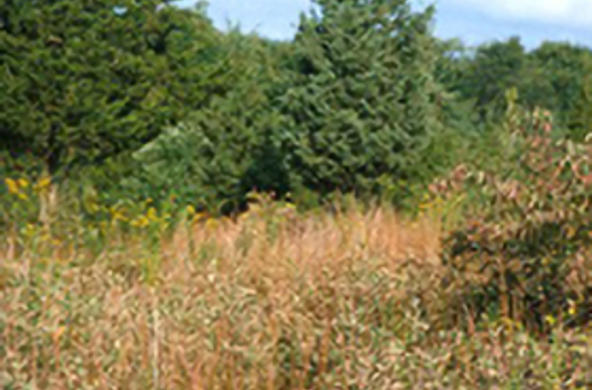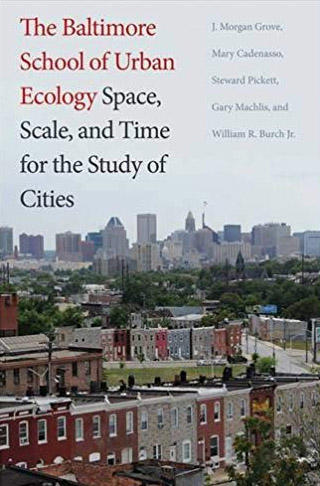
- Profile
- Past Projects
- Publications
Steward Pickett is an expert in the ecology of plants, landscapes, and urban ecosystems. Recipient of the Ecological Society of America's 2021 Eminent Ecologist Award, a member of the National Academy of Sciences, and the founding director of the Baltimore Ecosystem Study (1997-2016), Pickett also co-directed the Urban Sustainability Research Coordination Network. This project established lasting, interdisciplinary connections between urban designers, policymakers, and managers; the National Science Foundation deemed the project a model for research coordination networks.
Pickett’s research focuses on the ecological structure of urban areas and vegetation dynamics, with national and global applications. Among his research sites: vacant lots in urban Baltimore, primary forests in western Pennsylvania, post-agricultural fields in New Jersey, China’s rapidly urbanizing Yanqi Valley, and riparian woodlands and savannas in Kruger National Park, South Africa.
By applying ecological theory to urban planning, architecture, and landscape architecture, Pickett strives to convert cities and suburbs from ecological liabilities into ecological assets. He forges partnerships between ecologists and people who design and manage cities to protect and promote ecosystem services in urban environments.
Patterns in ecologically-important factors like water retention, vegetation growth, and wildlife habitat availability change when humans develop natural areas. Using satellite data, Pickett studies urban landscape composition as it evolves and links this information to social and demographic influences.
-

Buell-Small Succession Study
The Buell-Small Succession Study is a long term ecological study designed to document old field succession.
-

Baltimore Ecosystem Study
A ground-breaking urban ecology project, the Baltimore Ecosystem Study investigates the ecological, cultural, and economic forces that shape the environmental quality of urbanized areas.
Books

Patch Atlas
Yale University Press, 2020

Science for the Sustainable City
Yale University Press, 2019

The Baltimore School of Urban Ecology: Space, Scale, and Time for the Study of Cities
Yale University Press, 2015
